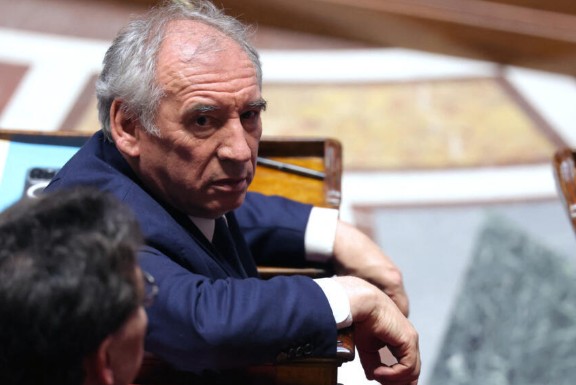France Loses Prime Minister Yet Again Bayrou Resigns After Crushing Defeat

Background & ContextThis marks the second prime ministerial collapse in under a year for President Emmanuel Macron. François Bayrou, a centrist and longtime ally of the president, took over in December 2024 succeeding Michel Barnier, who survived only three months in office following a no-confidence vote.
Latest DevelopmentsOn September 8, 2025, Bayrou’s minority administration was unceremoniously ousted in a confidence vote in the National Assembly, with 364 deputies voting against and only 194 in support. The vote was initiated by Bayrou himself in a desperate effort to secure parliamentary backing for his austere 2026 budget proposal which included steep €44 billion in cuts and the elimination of two public holidays. The motion failed spectacularly, tipping him out of office after just nine months.
Bayrou will formally submit his resignation to President Macron imminently, and Macron now faces the daunting task of naming his third prime minister in a single year, and the fifth since beginning his second term in 2022.
Background & ContextBayrou’s downfall did not occur in isolation. Michel Barnier’s brief tenure ended in December 2024 when a no-confidence motion passed a historic first since 1962 amid disagreements over the 2025 budget and the use of constitutional powers to bypass parliamentary debate.
Latest DevelopmentsBayrou’s austerity agenda triggered fierce backlash across France’s deeply fragmented political spectrum from far-left to far-right. His commitment to drastic spending cuts and holiday eliminations alienated both workers and centrist allies.
The parliamentary pushback has aggravated market unease, raised concerns among credit agencies, and stoked the prospect of street protests and fresh strikes. The defeat signals growing instability for Macron, who may now face escalating domestic pressure—including potential calls for snap elections.
What Lies Ahead for Macron? Navigating a Parliamentary Minefield
Background & ContextSince Macron’s 2024 snap election aimed to consolidate support, France’s parliament has become dangerously fragmented. No single faction holds a working majority, forcing the president into repeated cycles of coalition building and political recalibration, as evidenced by the rapid turnover of premiers.
Latest DevelopmentsBayrou’s collapse intensifies the urgency for Macron to unify centrist support or broker cross-party alignments capable of passing the essential 2026 budget. Analysts and political scientists warn of limited options, with reliance on opposition cooperation or appointment of another centrist figure now necessary.
Simultaneously, the specter of stronger far-right and far-left influence looms if political deadlock persists. President Macron must now weigh whether to attempt another prime ministerial appointment or risk destabilization through possible snap elections. The coming weeks will be critical in determining whether France can emerge from this instability or slide into prolonged gridlock.
Summary
François Bayrou was forced to resign after a devastating parliamentary vote a dramatic political setback within an already turbulent environment.
Following Barnier’s earlier ousting, France now faces repeated governmental collapses, exacerbating instability.
President Macron must swiftly choose a successor while navigating an increasingly fragmented and volatile political landscape.

jl10 casino https://www.jl10-casino.net